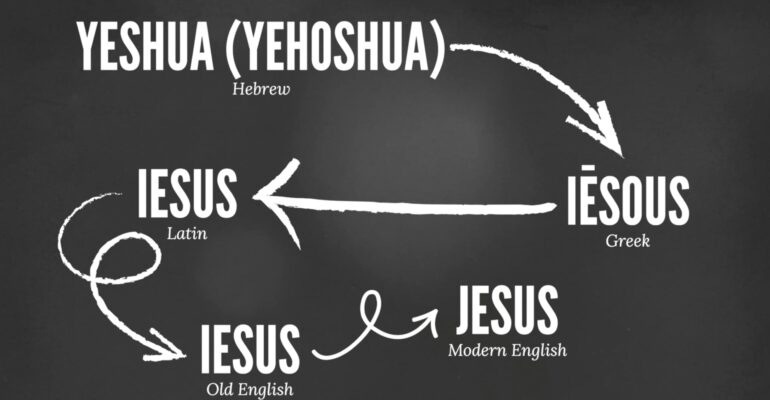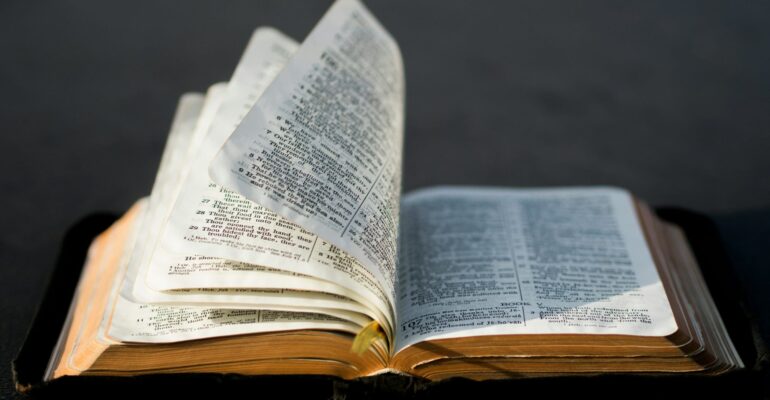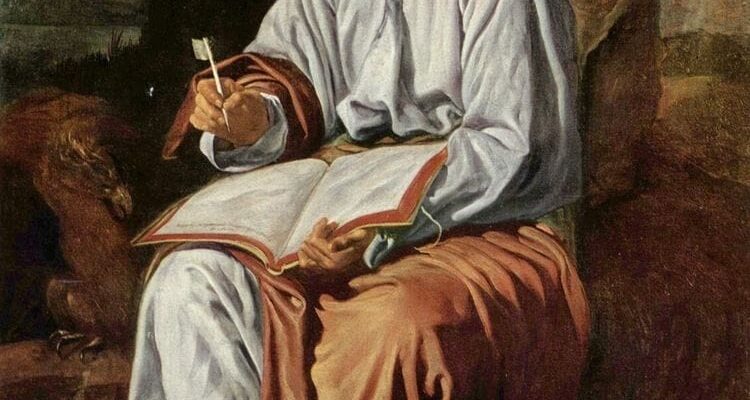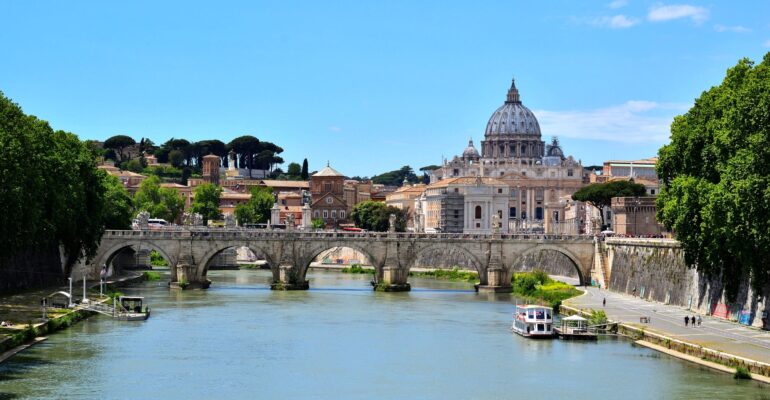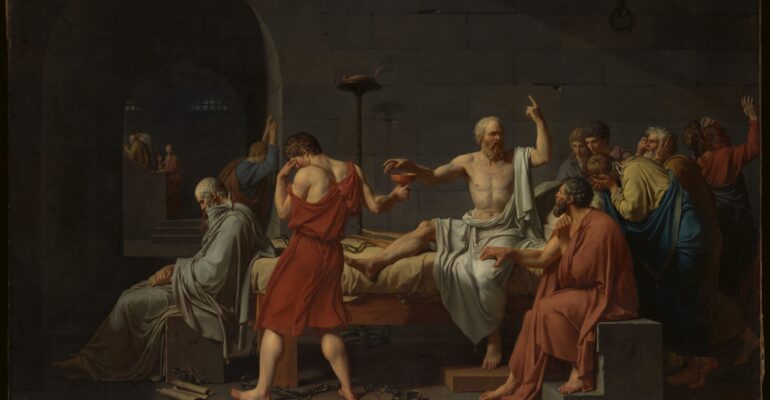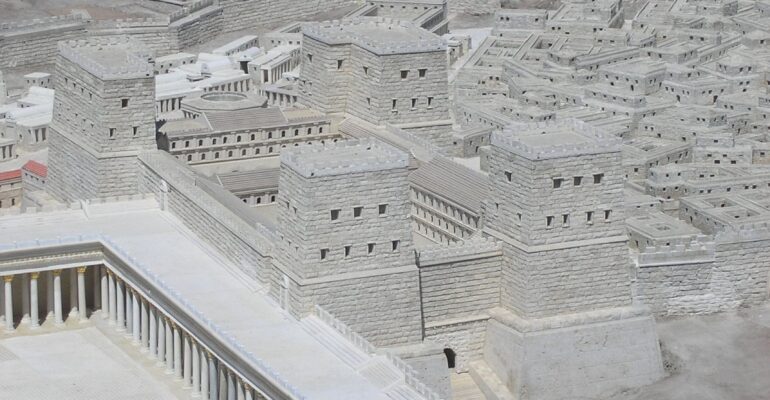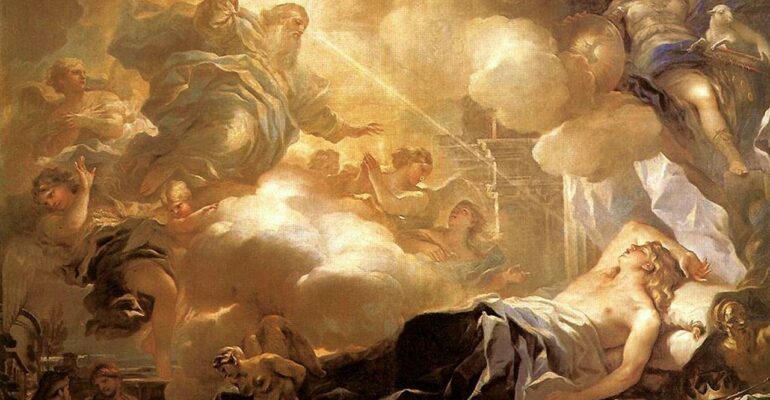Cart 0
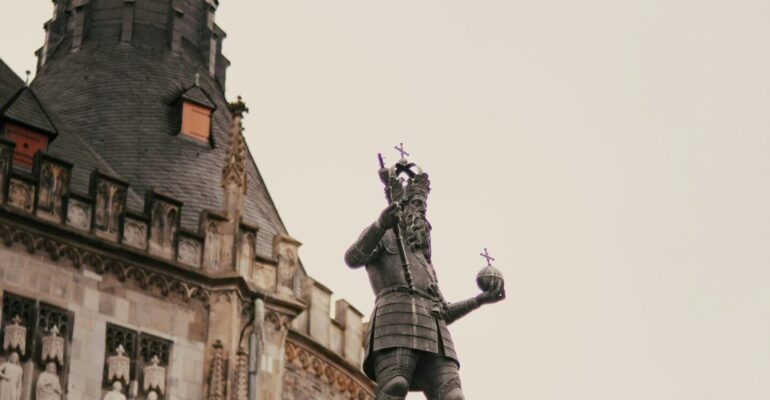
Charlemagne and Alcuin
Charlemagne and Alcuin
How Charlemagne and a Christian scholar expanded the Church in the Middle Ages.
Charlemagne and Alcuin
How Charlemagne and a Christian scholar expanded the Church in the Middle Ages.
How Charlemagne and a Christian scholar expanded the Church in the Middle Ages.
in Tags
Charlemagne (742-814 AD), the famous king of the Franks,[1] was the son of Pepin the Short, though there was nothing short about him. Charlemagne stood at a staggering seven feet tall! Maybe that’s why he was known as Charles the Great. Or maybe it’s because he was such a powerful



